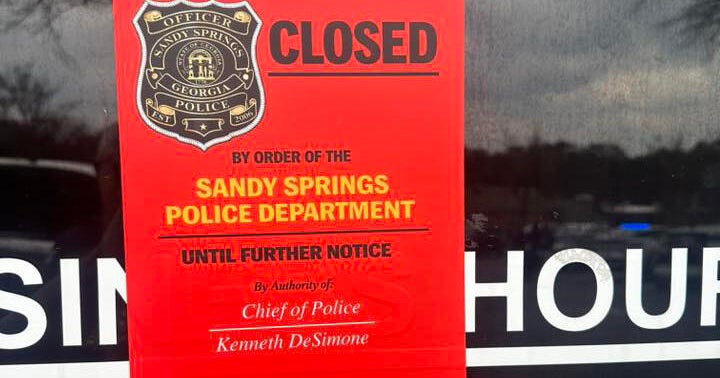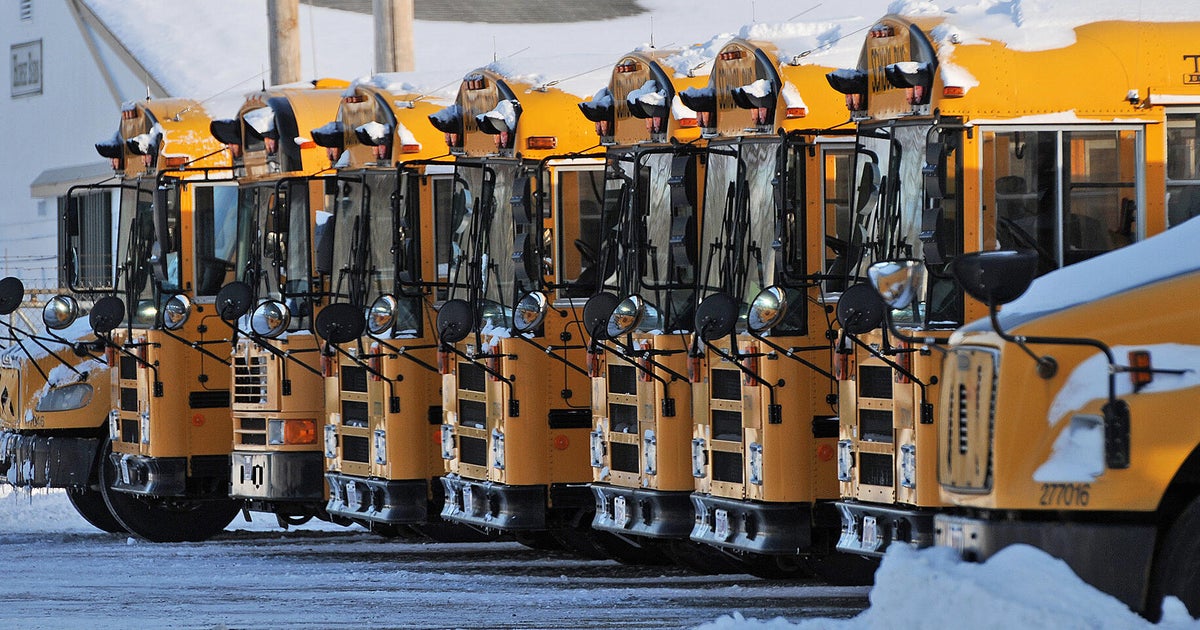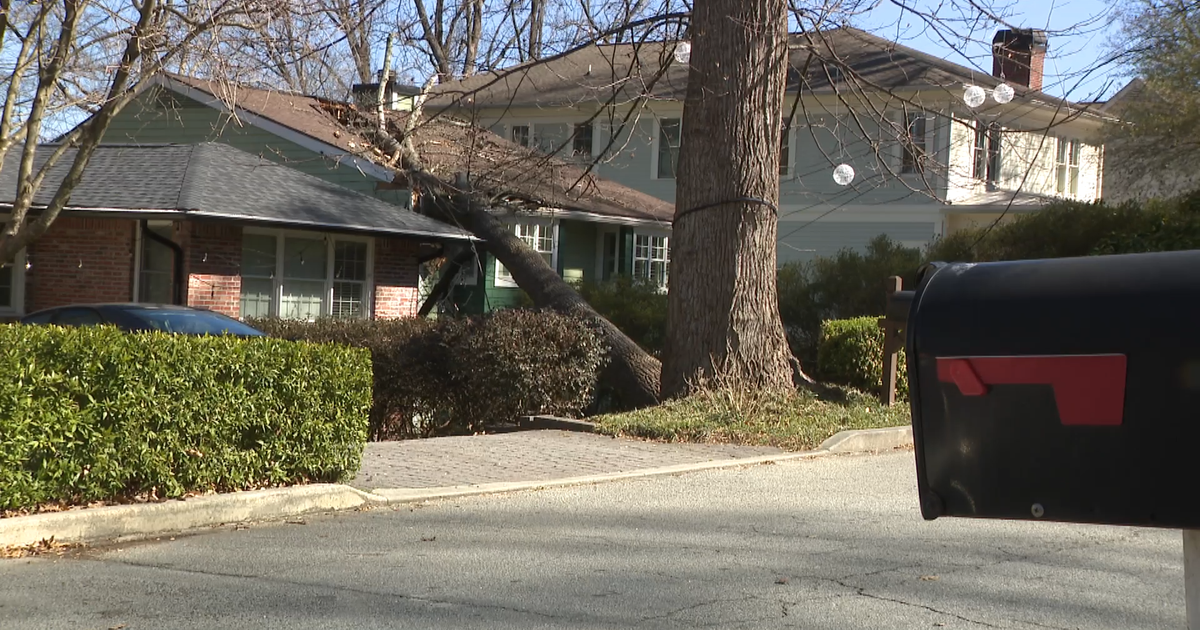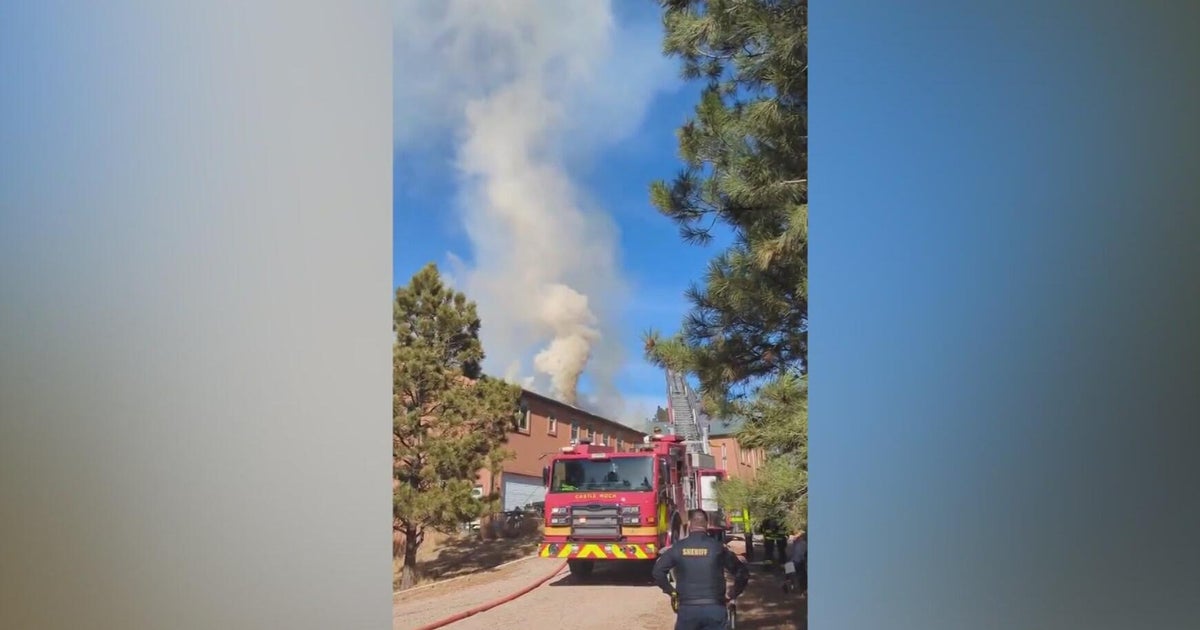Stop Bullying: What Can Be Done From Home
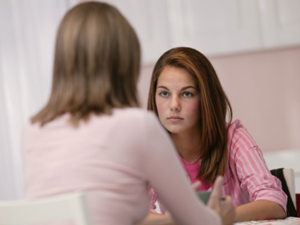 Maintaining an open line of communication with your child is imperative to not only discovering bullying issues, but also to dealing with them. Take time talk to your child daily about how his or her day went. The questions can be as simple as, "What was your favorite part of the day?" or "What were you thankful for today?" If your child is visibly upset, anxious or acting in a way that is not usual for his or her temperament, you may want to ask more direct questions like, "Was there anyone or anything that upset you today?"
Maintaining an open line of communication with your child is imperative to not only discovering bullying issues, but also to dealing with them. Take time talk to your child daily about how his or her day went. The questions can be as simple as, "What was your favorite part of the day?" or "What were you thankful for today?" If your child is visibly upset, anxious or acting in a way that is not usual for his or her temperament, you may want to ask more direct questions like, "Was there anyone or anything that upset you today?"
Every child is different, so while some children may be forthcoming with their emotions, others may be too shy to speak up. In the same respect, outspoken children may prefer to deal with their issues head on and stand up to bullies, while others may fear getting in trouble or made fun of. Either way, learning more about your child's day, everyday, will immediately alert you to any problems that may be arising. Nipping bullying issues in the bud will prevent the problem from escalating.
Once you've recognized that there is a problem. Be sure to gather as much information as you can about the situation, like what was said or done specifically, when these incidences took place; by what means (physical, verbal, emotional, cyber, etc.); and the names of other children or adults that may have witnessed the incident.
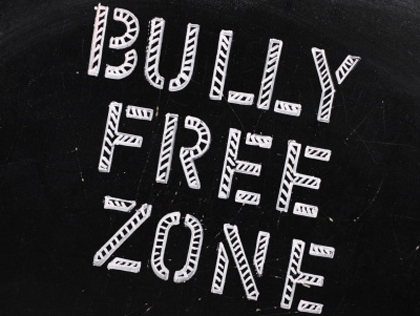
When you find out there is a bully, it's important to ask questions about the situation and the relationship your child has with the bully. Depending on whether it's a close friend or someone you don't know can determine whether or not you want to get the schools involved. If you know the parents well, talking with them about the situation and your concerns is appropriate.
For the children that you may not know or an incident that occurs at school, getting a teacher or the principal involved helps to mitigate the conversation and allows school staff to be aware of a potential problem. This is also a good opportunity to find out why your child is being bullied. It may be because of a learning disability, lack of social skill or other reasons. While bullying is never justified, it could be an opportunity for your child to develop skills to make him a stronger, well-balanced individual.

While most parents never want to think that their child is the bully, it has to be someone's child. If you receive a call about your child bullying others, remember that the behaviors you see at home may not be the same behaviors your child is displaying at school or on the playground. Be sure to talk to your child and remember that all situations are learning opportunities. It's okay for a child to not be perfect––that's the only way we grow as human beings. Bullying is a form of power. A bully thrives on taking power from another because he feels powerless. Getting to the heart of why your child feels that way will help her grow and learn to accept herself and others.
It's also a good time to do a self audit of behaviors that you may be able to improve. No one's perfect, but sometimes we forget that our actions and energy effect not just ourselves, but others around us. It's important after each trying or stressful event or scenario to reflect on how you handled the situation, or if it could have been handled differently. For example, do you yell at another driver when they cut you off in traffic? Do you ever tease someone without thinking how they may perceive it? Are you ever visibly agitated by information you receive or things you hear on the news? Children are particularly susceptible to learning behaviors from adults, so regardless of how small your day-to-day reactions may seem, remember that everything you say or do may be repeated or internalized by your child.
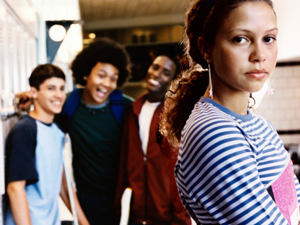
Too often in this world, we're afraid to really say anything to other kids or adults because of the potential repercussions. No social change ever happens without dissonance, so if you see that a child is acting like a bully or your child is being bullied, take the time to step in. Approaching the situation as a learning experience will help children to understand what exactly is so upsetting and why. Whether it be pulling your own child from the situation to have a talk about why hitting others is wrong or having a chat about why it's not okay for others to treat their peers that way will leave a lasting impression on kids, especially when done in a calm manner and in the moment. Intervene immediately when you see bullying happening. Remember, it's important to convey the "why" to everyone involved, including other witnesses. Then talk to the children separately and privately to understand the situation from each perspective once things have calmed down. It's important that blame is not assigned; it's about gathering as many facts as you can.
Remember that bullying doesn't always mean physical touch. It can be aggressive voices, gestures, harassment or even a teasing text or email. No bullying situation ever goes away by itself, and it's best to address the issue when it starts rather than allowing things to escalate.
Jamie Hardin is the counter-culture
Washingtonian in the know. Inspired by food, sustainability issues, and public health, she prides herself on finding DC's off-the-beaten path treasures. When she isnt enjoying organic food or reducing her carbon footprint, Jamie's traveling on her scooter or walking her two pit bulls. Her work can be found at Examiner.com.

